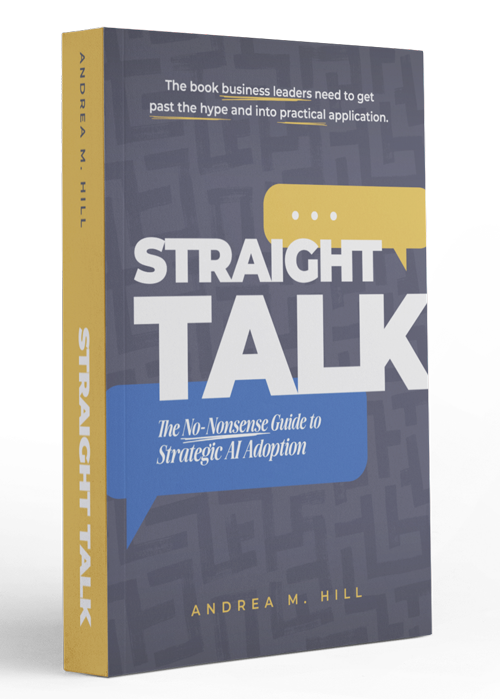The Economics of AI-First: A Briefing Note for CHROs and HR Leaders

AI is not just a technology story. It is a people story. The next wave of competitive advantage will be defined by how companies reimagine roles, build new skills, and shape the culture that enables humans and intelligent systems to work together.
In my recent Forbes article, I explore how AI is reshaping competitive advantage. This briefing note distills the message for CHROs and Human Resource leaders who need to prepare the workforce, reimagine roles, and build the culture that makes AI-first competition possible.
Here are the key outtakes for CHROs and HR leaders (you can read the full article here):
1. Roles are shifting from execution to orchestration
AI agents will take on routine execution. Human roles will increasingly focus on setting goals, managing outcomes, and guiding strategy. HR must anticipate these shifts in role design, staffing, and performance measurement.
2. New talent profiles are emerging
Future workforces will need generalist leaders who can see across functions and guide AI systems with a clear understanding of business goals, as well as specialists who bring deep expertise and can step in when technology falls short to ensure accuracy and quality. At the same time, companies will rely on frontline employees who excel at human interaction, supported by intelligent systems that take routine work off their plates. HR leaders must be ready to identify, recruit, and develop all three of these profiles to keep their organizations competitive.
3. Upskilling and reskilling are critical
AI literacy, process fluency, and systems thinking will become baseline skills. HR must design large-scale upskilling programs that equip employees to manage hybrid human–AI workflows. Early evidence shows even non-technical staff can adapt quickly if properly supported.
4. Culture is the glue and compass
Culture will serve as both operating glue and ethical compass in an AI-first organization. HR leaders must ensure teams trust the technology, embrace change, and stay grounded in shared values. Without this, AI risks amplifying friction instead of facilitating progress.
5. Leadership development must evolve
Executives themselves will need more technology fluency. HR has a role in preparing leaders — CEOs, COOs, CFOs — to understand and guide AI-driven processes without delegating decisions blindly to IT.
Bottom line for CHROs
The next competitive advantage will not just come from systems and data — it will come from people. CHROs who reimagine roles, foster new skills, and strengthen culture will help their companies capture AI’s promise. Those who lag will find that talent, not technology, is the bottleneck to competitiveness.
Andrea Hill's
Latest Book
Straight Talk
The No-Nonsense Guide to Strategic AI Adoption

Where other books focus on prompts and tools, this book gives business leaders what they actually need: the frameworks and confidence to lead AI adoption responsibly, without having to become technologists themselves.
Also available at independent booksellers and public libraries.
Are You Ready to Do Better Growth Management?
StrategyWerx is all about growth strategy and management. That means giving you the tools you need to develop sound strategies, structure your organization to lay the track ahead of the train, and implement the tools you need to grow. Ready to learn more about how we do that? Book a free consult and bring your questions. See if you like working with us on our dime, and get some good advice in the process.